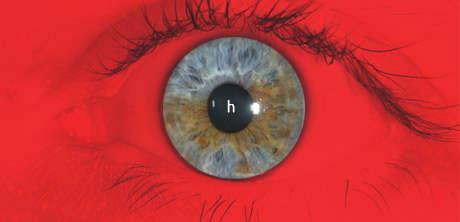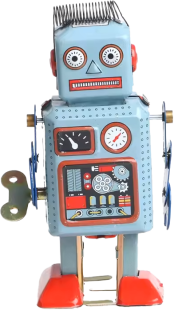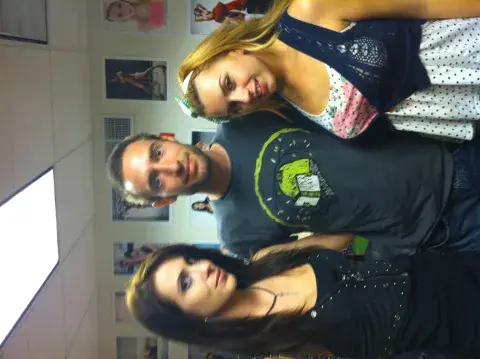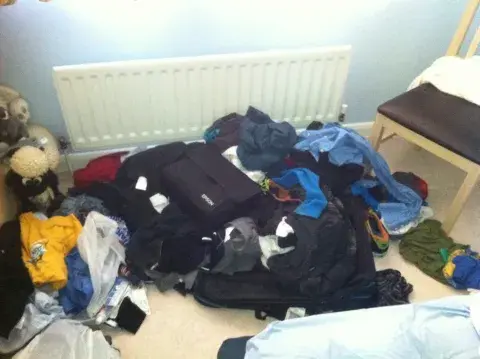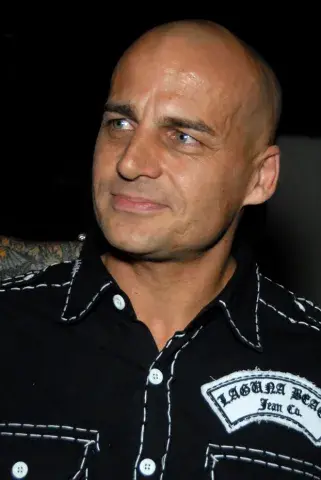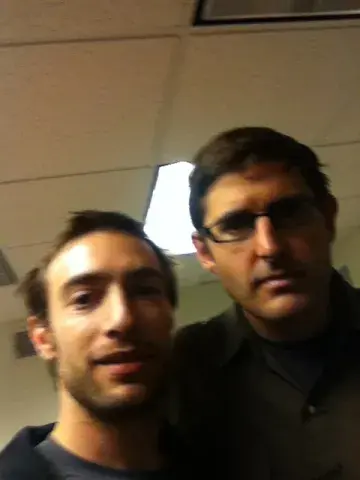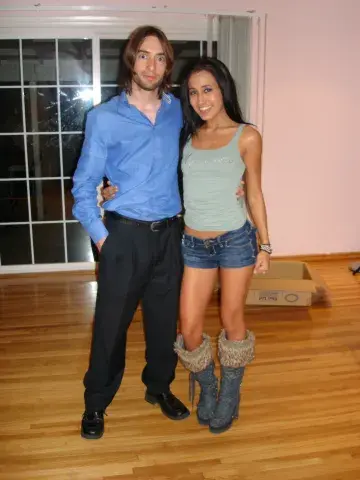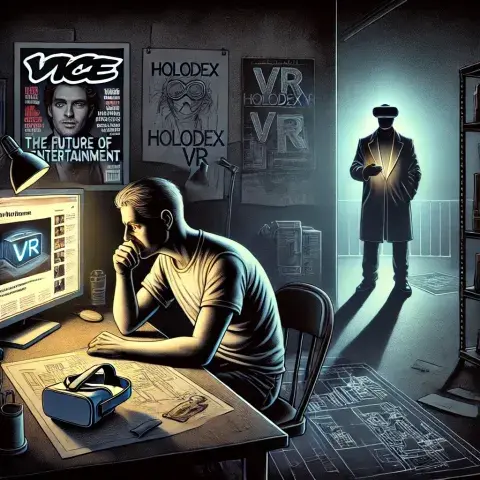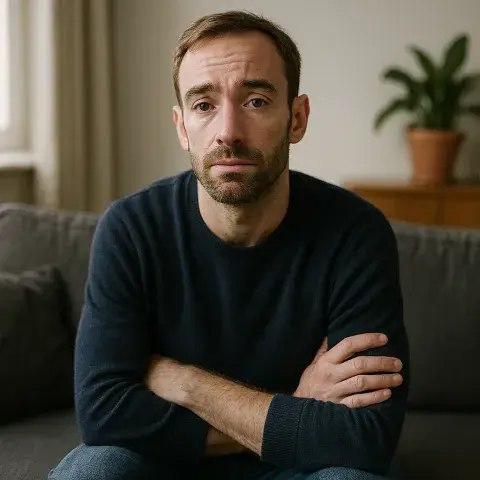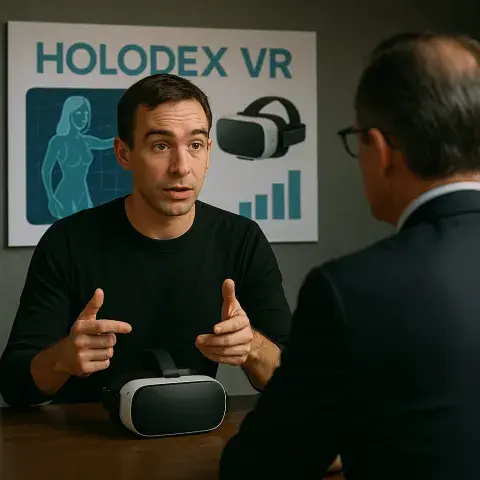Chapter 35 - The Eskimo Years
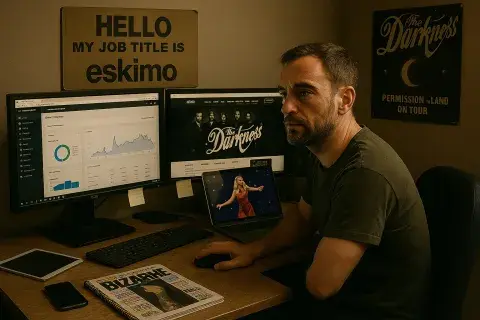
Life doesn’t always unfold in the way we plan. After returning to the UK, broke and defeated, I found myself in an unexpected and challenging role that would ultimately play a pivotal part in rebuilding my career. I became an Eskimo. It was a digital agency with a quirky name that aged badly.
Not the traditional kind, of course—this was a job title that spoke to the responsibilities I took on. As an Eskimo, I managed not just one, but multiple major projects simultaneously. In a way, I had to juggle the complexity of running two distinct ticketing platforms, a role I’d secured against all odds.
To say it wasn’t easy would be an understatement. Managing two ticketing platforms was no small feat. These platforms weren’t just your average ticketing systems—they were large-scale, bustling hubs that required constant attention. They were complex, filled with thousands of transactions, customer inquiries, and constant updates. If anything went wrong, the entire system could implode in a second. The pressure was immense.
And then there was The Darkness. On top of the ticketing work, I was responsible for maintaining their entire online presence. From updates on their website to creating digital content, I was the go-to person for all things web-related. I had to stay on top of everything, balancing deadlines, creatives, and technical demands.
In hindsight, looking after all these projects simultaneously felt like a high-stakes game. But at the time, it was simply survival. I had no choice but to push through, managing to keep everything afloat while dealing with the mental and emotional toll of my situation. The expectations were high, the workload was relentless, but it taught me invaluable skills in multitasking, problem-solving, and working under pressure.
What people didn’t know—especially potential future employers—was how much I was carrying. Managing all of this and trying to keep the dream of Holodex alive was a balancing act that required every ounce of my energy and focus. No one could see the strain behind the scenes, but I was making it work. I was proving to myself that I could do the impossible.
And through all of this, I began to see how much the web, digital experiences, and community management all fit together. Working with The Darkness in particular gave me a front-row seat to what it meant to build a brand and maintain a community. Their fanbase wasn’t just passive consumers—they were active participants. That kind of engagement was exactly what Holodex needed.
While no one would have believed the level of responsibility I was carrying at the time, I knew deep down that this job was more than just about survival. It was about taking what I’d learned and applying it to something bigger—the vision I had for Holodex. Every project I managed, every late-night troubleshooting session, was preparing me for the bigger challenges ahead.
One minute, I was VJing for Kylie, and the next, I was grappling with the bizarre paradox of being "too capable" for most jobs. It’s a strange place to find yourself—skilled enough to do anything but somehow too versatile to fit into any one box.
Take design, for instance. I’ve got 20 years of design experience under my belt, but I’m not technically a designer because I never followed the conventional path. Then there’s development. I’m not a developer anymore, apparently, even though I was once fluent in Flash, back when it was the gold standard for creativity in tech. And then Steve Jobs took a big shit on it.
It’s frustrating, to say the least. I’ve spent years honing skills in areas most people struggle to break into, only to find those very skills working against me in a world that thrives on labels. You’re either this or that—specialised, streamlined, and neatly defined. But what if you’re all of it? What if you’re adaptable, inventive, and able to wear multiple hats?
The problem is, versatility doesn’t fit neatly into job descriptions. You become the jack-of-all-trades they can’t quite categorise, the wildcard who intimidates more than inspires. And so, despite all the talent and experience, you find yourself swimming against the tide, trying to convince people that being "too capable" isn’t a bad thing—it’s a gift.
That’s what made moments like VJing for Kylie so bittersweet. It was proof of what I could do, a shining example of my skills in action. But it also highlighted the struggle of getting the world to see me as more than just a collection of overlapping abilities. I wasn’t incapable—I was too capable, and somehow, that was the problem.
Speaking of the bizarre, I have to share the story of the time I applied to work as a designer for Bizarre magazine, the infamous alternative lifestyle publication that I absolutely adored. It was everything I loved—edgy, creative, unapologetically out there. Naturally, I couldn’t just send a boring CV or portfolio; I had to make my application stand out.
So, I decided to do it my way.
I created an entire fake issue of Bizarre. The concept, the design, the articles—it was all crafted to mimic their tone and aesthetic. Every page was a love letter to the magazine and a showcase of what I could bring to the table.
I sent it off with a mixture of excitement and nervousness. A few weeks later, I received a response from their designer at the time. To my surprise and delight, it was a genuinely kind and complimentary reply. They praised my creativity and bold approach, which meant the world to me.
Ultimately, I didn’t get the job. Maybe I didn’t have the level of technical skill they were looking for at the time, or perhaps the timing just wasn’t right. Still, I was proud of how I’d approached it.
Looking back, it wasn’t just about applying for a job; it was about celebrating something I was passionate about and proving to myself that I could take risks and follow through with them. It’s one of those moments where, even in “failure,” I found a sense of accomplishment that stayed with me.
